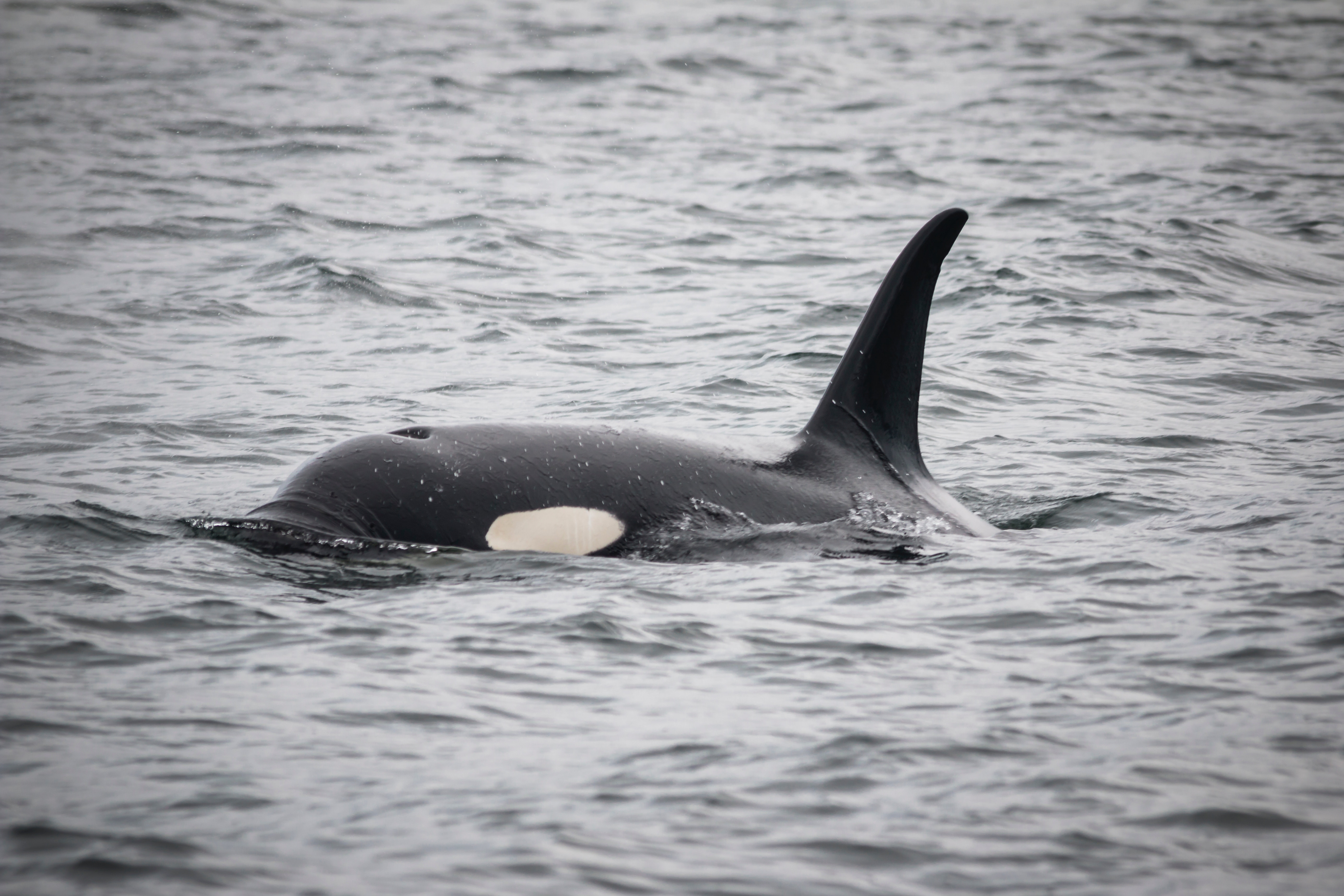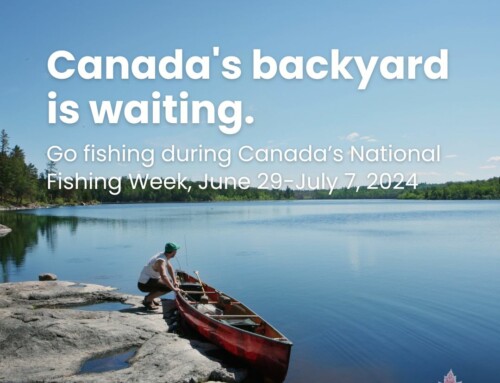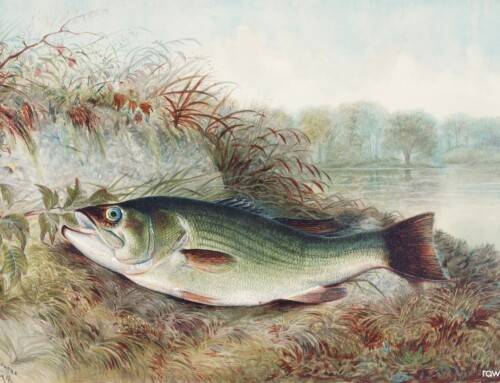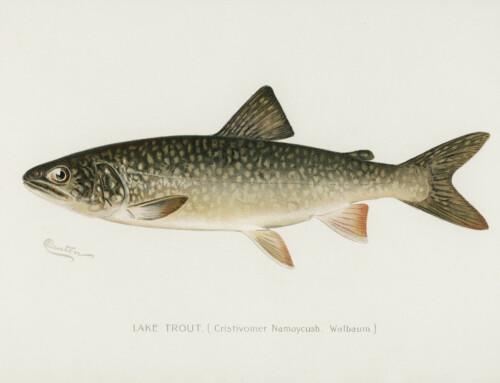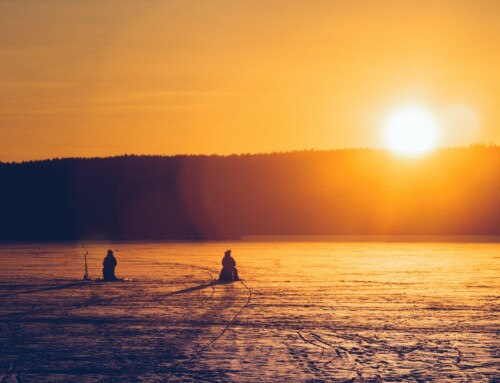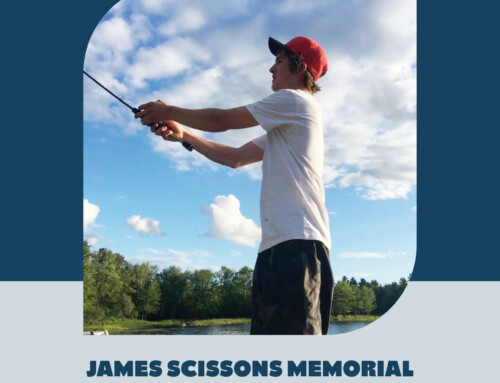Originally Published by CBC,
A year after the Department of Fisheries and Oceans closed off several West Coast sports fishing area to protect orcas, fishermen say they’re worried more closures are on the way along southern Vancouver Island.
In 2017, the Department of Fisheries and Oceans closed several areas in the Juan de Fuca Strait to commercial and sport fishing between June and October.
The closure was part of the DFO’s efforts to protect a dwindling population of about 74 southern resident killer whales that feed on chinook salmon, which inhabit those waters in that time period.
Ryan Chamberland, president of the Sooke Region Tourism Association and owner of the Vancouver Island Lodge, says more closures would devastate the small fishing villages along the coast.
“Closing us down — ruining towns, everyone losing equity in their assets and properties, is not going to solve an issue, it’s going to create a crisis,” Chamberland said.
“No one wants to lose their houses and jobs and and their way of lifestyle and opportunities to be on the water.”
The concerns of sports fishermen come at a time when some marine mammal experts say the closures might not even help the endangered southern resident killer whale.
In November, Ottawa announced it wants to establish new areas of critical habitat off the west coast of Vancouver Island for southern resident killer whales — the Swiftsure Bank in the Juan de Fuca Strait between Vancouver Island and Washington state, and La Perouse Bank off Tofino, B.C.
The DFO says it has consulted on the the critical habitat areas and it’s still planning what fishing restrictions, if any, may be applied next year. Ottawa says designating the area as a critical habitat would also enable it to restrict other activities like whale watching and marine traffic, which some argue disturbs the orcas.
Chamberland was at the Sport Fishing Institute of British Columbia’s annual conference in Vancouver on Thursday, where he says more potential closures were a hot topic.
According to the institute, sport fishing contributes more than $1 billion to the provincial economy each year.
“I am superbly worried,” he said. “West Coast communities fully depend on the sport fishing industry.”
Effectiveness in question
Andrew Trites, director of the University of British Columbia’s Marine Mammal Research Unit, was also at the conference.
Trites says there isn’t enough evidence to support the view that banning sport fishing has any impact on the southern resident killer whales.
“I think the intended goal is is all well and good. But I am a bit concerned that management actions are be being put into place without any attempts to determine whether or not they’re effective,” he said.
Trites doesn’t deny that the southern resident orcas have a food problem — evidence shows that they are thinner than their cousins, the northern resident killer whales.
But he says the more than 600,000 large chinook salmon estimated in the areas where the southern resident orcas roam should be more than enough to feed them.
To read the rest of this article about how fishing closures may not protect orcas, please visit cbc.ca.
Keep Canada Fishing is the national voice of Canada’s anglers, and we lead the effort to preserve your right to sustainably fish on our lakes, oceans, rivers and streams. By informing anglers of current and potential issues and threats affecting recreational fishing and access to public waters, our goal is to motivate anglers to take action on matters of importance to the future of fishing and conservation. We’re also your voice on Parliament Hill. If you would like to contribute to our efforts to “Keep Canada Fishing,” you can donate now via PayPal.

